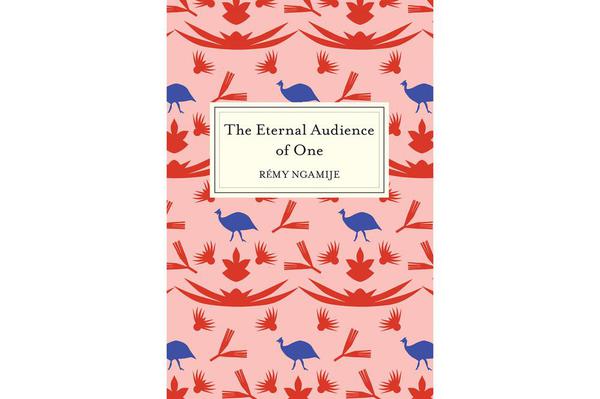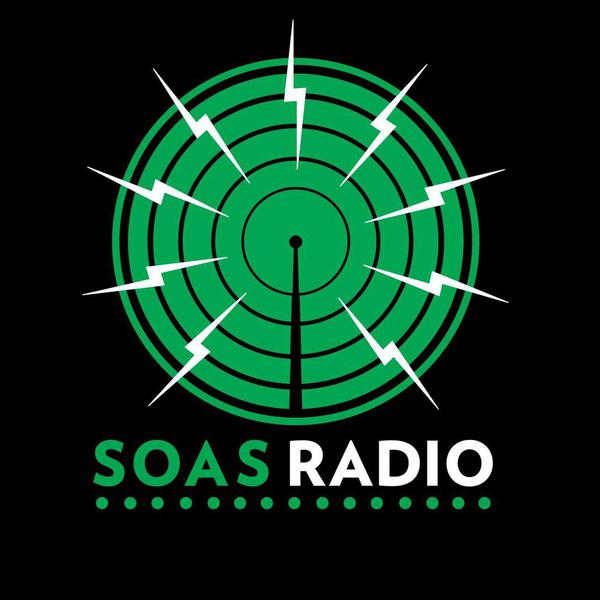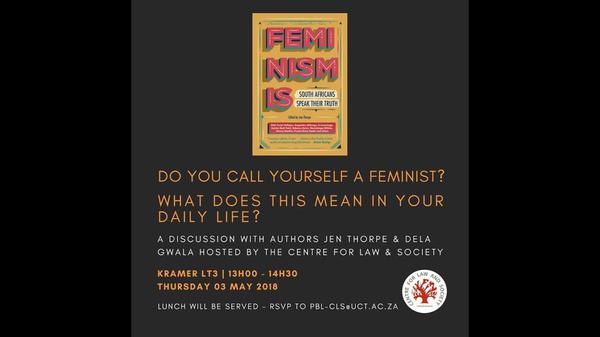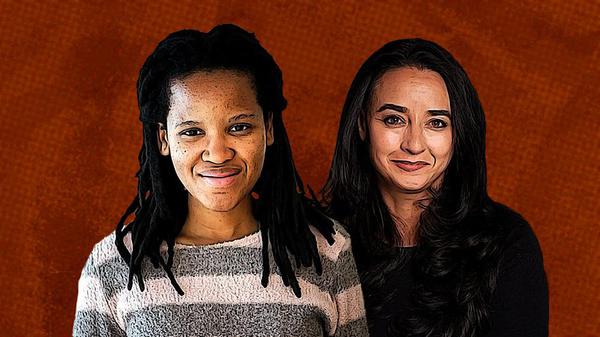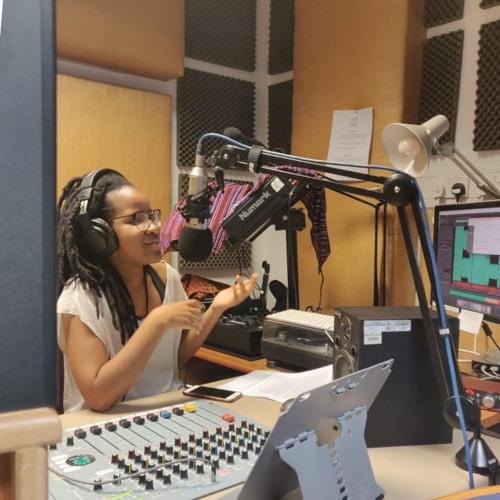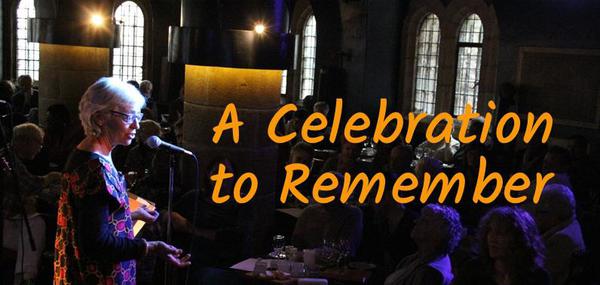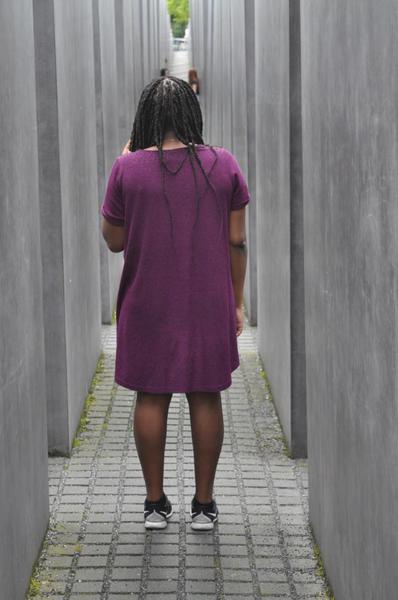Book Review | An Eternal Audience of One
The Eternal Audience of One by Rémy Ngamije is a transportive novel. In an epic spanning just over 500 pages and six countries, the Rwandan-born Namibian author takes readers on a narrative journey in a story about family, friendship and migration.
On the eve of President Cyril Ramaphosa’s declaration of the national lockdown in response to Covid-19, Ngamije went live on Facebook in the kitchen of his Windhoek home to launch the book. The Time of the Writer festival, which had been scheduled to
